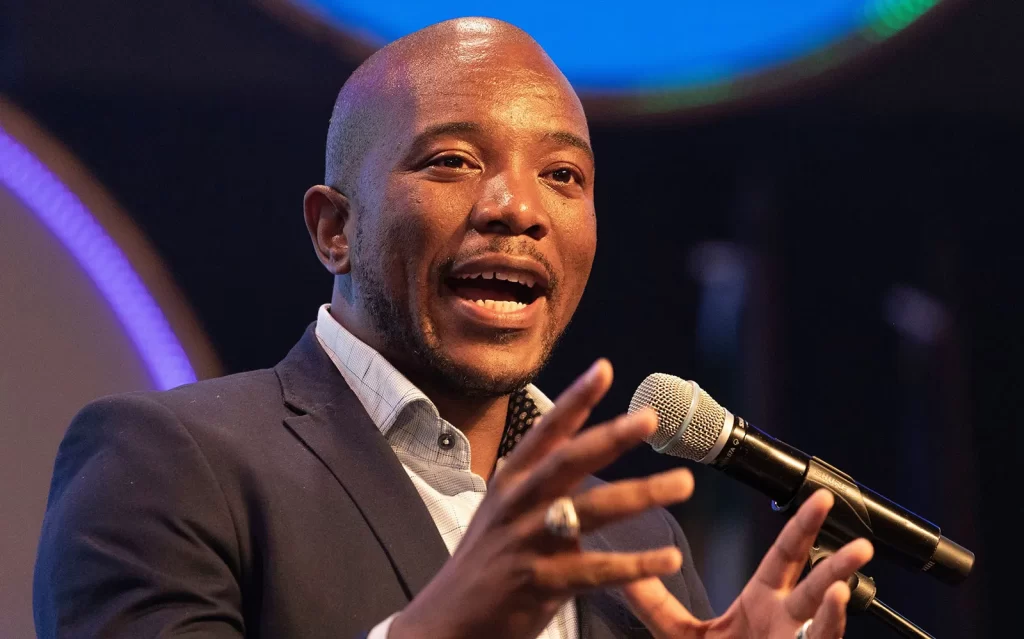Former DA leader Mmusi Maimane has unveiled the first 24 of 200 Bosa Party 2024 election candidates, bringing a fresh approach to South Africa’s political landscape. One of the most intriguing aspects of this newly formed party is Maimane’s innovative concept of requiring electoral candidacy applicants to obtain 1,000 signatures from their constituents as confirmation of their candidacy for the upcoming 2024 elections.
The Bosa Party, short for “Building One South Africa,” seeks to offer a platform that promotes inclusivity, accountability, and active citizen participation. Maimane, known for his advocacy of social justice and economic transformation, believes that this new party will represent the voices of all South Africans, transcending racial and socio-economic divides.
The Concept of 1,000 Signatures for Candidacy Confirmation
Maimane’s bold initiative to introduce a unique process for candidate selection aims to foster a more direct connection between aspiring politicians and their constituents. According to his proposal, any individual seeking to run for office in the 2024 elections under the Bosa Party banner will need to gather 1,000 signatures from registered voters residing in the constituency they wish to represent.
This novel concept is seen as a measure to ensure that candidates have a genuine backing from the local communities they seek to serve. By requiring applicants to gather a significant number of signatures, Maimane aims to empower citizens, giving them a direct say in the political process and reducing the influence of party elites in candidate selection.
Response and Challenges
Maimane’s introduction of the signature confirmation process has sparked mixed reactions across the political spectrum. Supporters commend the move for its potential to promote grassroots democracy, increase political accountability, and encourage candidates to be more responsive to the needs of their constituents.
However, some critics have expressed concerns about the practicality and potential logistical challenges of collecting 1,000 signatures. They argue that the process might disproportionately favour candidates with greater resources and established networks, potentially limiting opportunities for newcomers or candidates from marginalised communities.
Additionally, questions have been raised about the verification and oversight mechanisms required to ensure the authenticity of the signatures, protecting the process from potential abuse or fraud.
